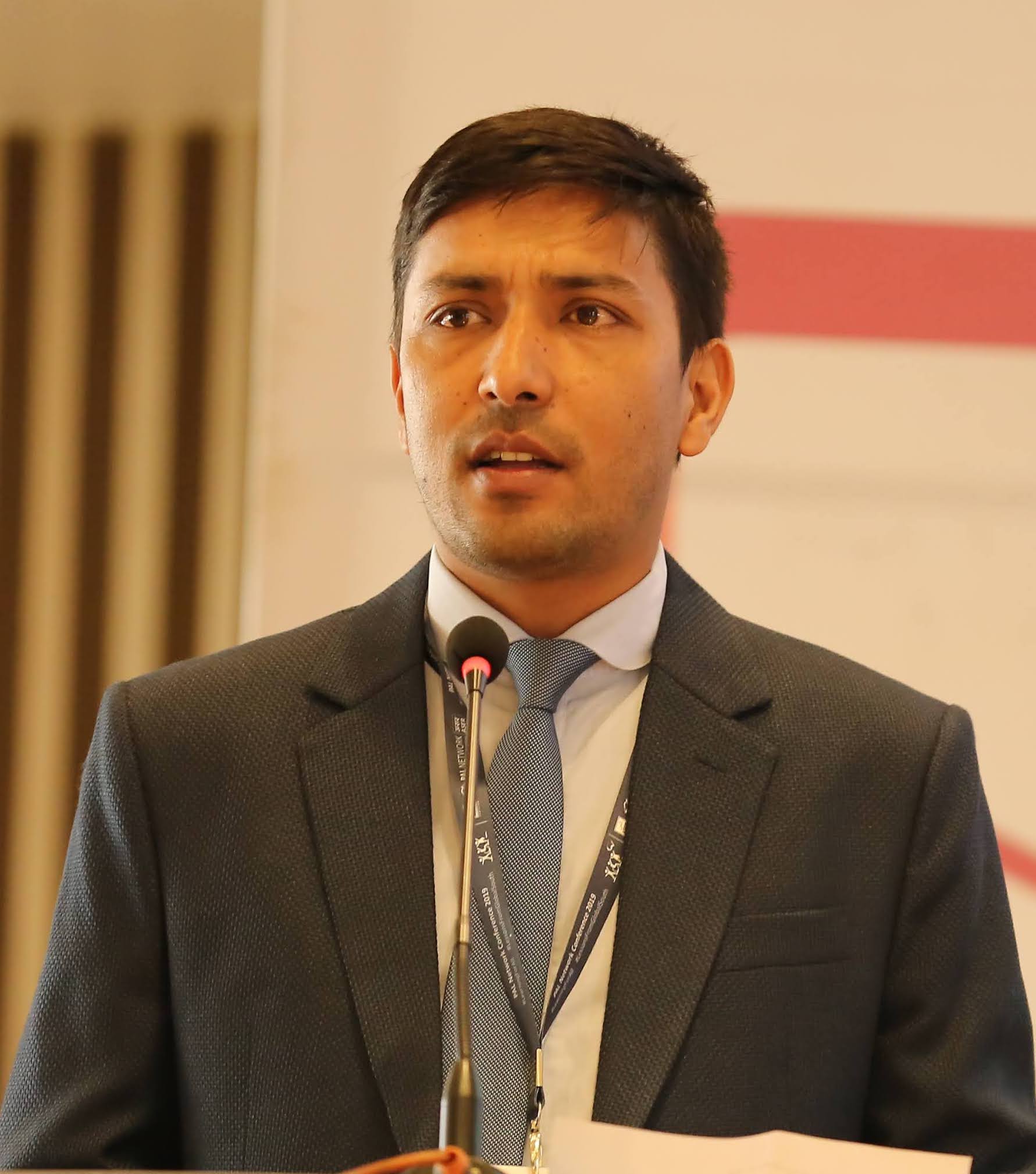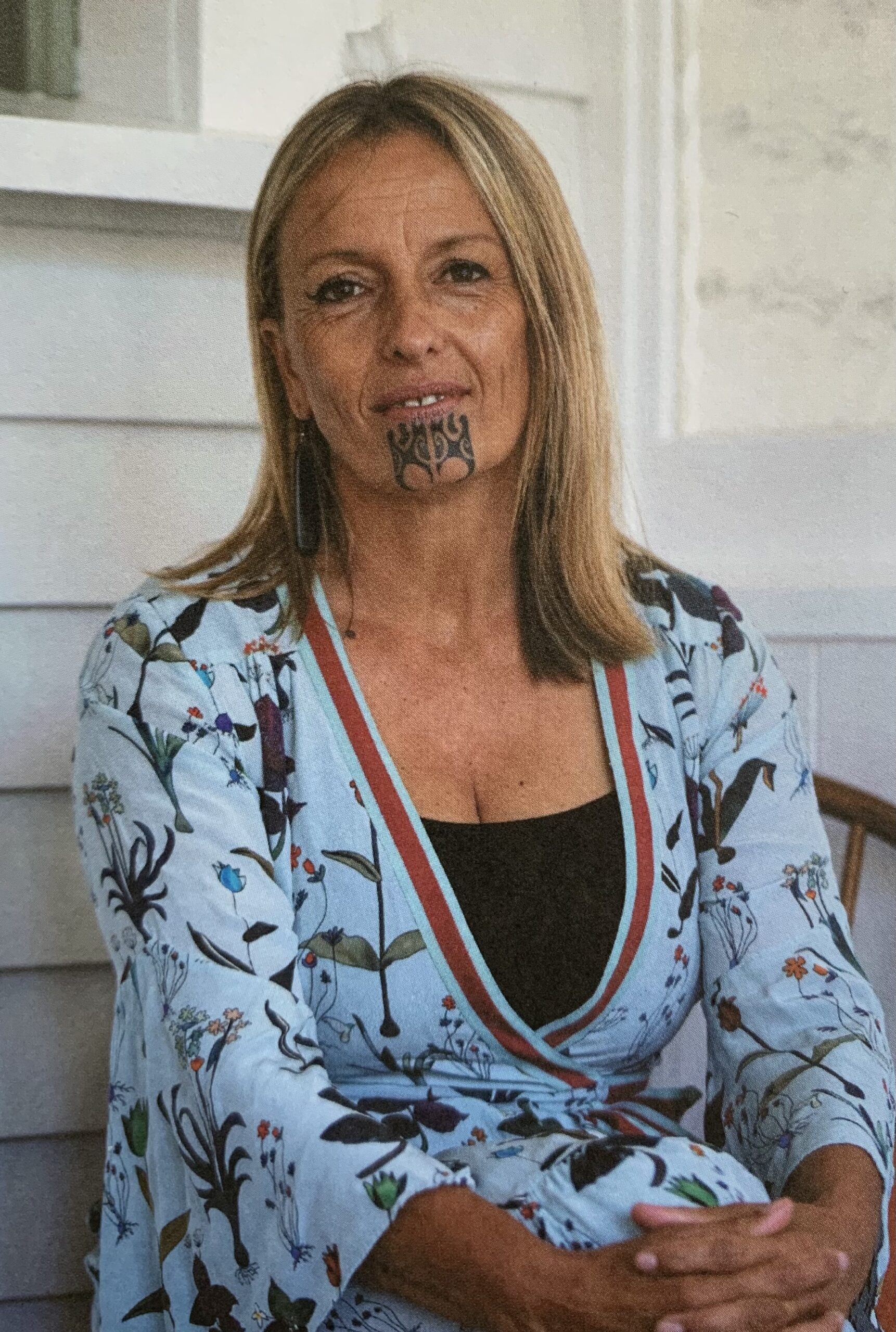Rajib Timalsina (Nepal), Co-Secretary General
Kelli Te Maiharoa (New Zealand), Co-Secretary General
We, both co-secretaries general, are very excited for the leadership role at the Asia-Pacific Peace Research Association (APPRA) for the 2022-2026 term. We acknowledge the APPRA has a mission to contribute to the realization of fullness of peace, justice and humanity through: peace research; peace education; and peace advocacy. We believe that APPRA as our regional organization represents diversity across the Asia-Pacific region well, through an involvement of scholars, researchers, educators and practitioners of various intersections of the societies balancing the geographical locations. Since 1980, the APPRA community members have identified the opportunity to highlight and advance interdisciplinary researches and publications with a focus on the diverse themes such as conditions of peace, advancement of peace research, decolonizing peace, conflict and justice research, embracing diversity through international collaboration; peace education and the causes of war and violence in all their manifestations.
During our tenure, we would like to grow and promote scholarly engagement and publications within the peace research domain. Our realization is to increase participation and collaborations with universities/research centers across the Pacific region, East Asia, South Asia and South-East Asia to support the next generation of scholars in their research endeavors. We invite all our community members to increase and strengthen the relationships between peace researchers, educators and advocates regionally and globally. We are closely observing the increase in the voices and participation of more young people and women scholars; including minorities and Indigenous communities, at the APPRA and IPRA activities. Though there is an increase in the participation of scholars from youths, women, indigenous and minorities identities groups, the number of participation is still nominal. We want to develop innovative strategies and take affirmative action to provide opportunities to attract youths, women, minorities, and Indigenous communities to join APPRA activities over the next 4 years. We will hold two APPRA General Conferences, one in South Asia (2024) and the following one possibly in the Pacific or the East Asia region (2026). We will explore and promote opportunities for academic exchange visits across different peace research institutes within the Asia-Pacific region to develop and nurture collaborative academic research across the network. We also expect the support from you all to do so. The more we promote collaborations and exchanges of people and ideas across borders, we can make the APPRA community as well as our communication structures more interactive and resourceful.
We urge all our members and stakeholders from the Asia-Pacific region to explore possibilities of collaborative research and/or multi-country research projects in collaboration with other international organizations to strengthen the network and provide career pathways and valuable opportunities to grow peace scholars. It is important more than ever to contribute towards transformative change within the wider framework of self-determination, social justice and decolonisation through research and publication opportunities.
With peace and friendship,
Rajib and Kelli

Rajib Timalsina (Nepal)
Rajib is Assistant Professor of Conflict, Peace and Development Studies at Tribhuvan University, one of oldest tertiary institutions in Nepal. Rajib Timalsina was convener of 2015 APPRA Conference in Kathmandu. Rajib is Advisory Board member at People’s Action for Learning (PAL) Network, a global south network to improve foundational literacy through citizen led assessment and actions.

Kelli Te Maiharoa (New Zealand)
Kelli works for the Otago Polytechnic, a vocational tertiary provider founded in 1870. Kelli has successfully organized two National Māori Research Symposiums for Otago Polytechnic. She is a peace scholar and indigenous representative from the Māori in Aotearoa New Zealand.
